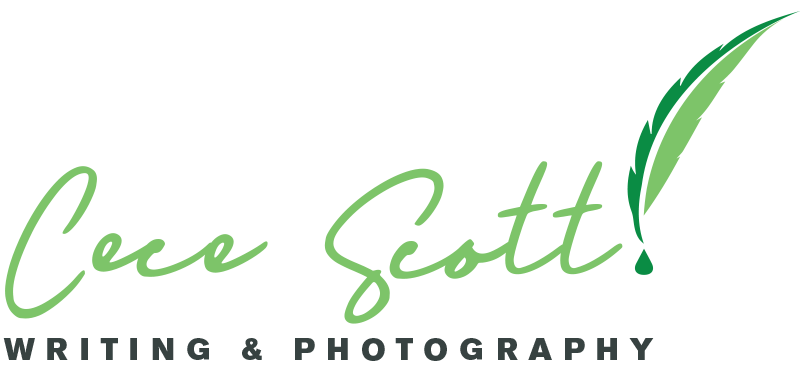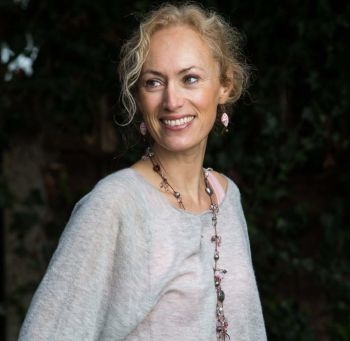In this week’s issue of The Ultimate Guide to The Written Word, Cece chats with U.K. author Louise Fein about her debut novel Daughter of the Reich.
Volume V
November 17th
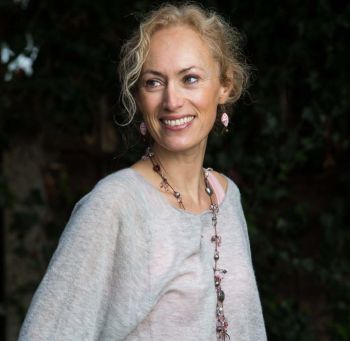 Louise Fein at home in London, England
Louise Fein at home in London, England
Have you ever wondered how the vast population of a country – of several countries in fact – can travel so far down the track of inhumane behaviour that their actions take place outside of the realm of personal understanding?
In Daughter of the Reich U.K. author Louise Fein takes us back to a pivotal time in history, one that involves the initial events leading up to Adolf Hitler’s treacherous reign of power as well as his subsequent role in the insidious proceedings leading up to the Second World War.
A former litigation lawyer who became a managing director of commodities before founding her own consulting company, Fein is highly skilled and plugged into the upper echelons of the business world.
But the thing is, ever since Fein was a young child, her nose burrowed in a book, a little voice in her head had been whispering that her real purpose, her real passion in life was to write. However, between her career obligations and raising three children, Fein had little time left to do so.
“When I was a child I lived in an imaginary world,” Fein says. “When I wasn’t reading I was imagining myself in different worlds. Reading inspired in me deep wells of excitement and adventure.”
One serendipitous day Fein saw an ad in a newspaper for a Master’s degree in Creative Writing. “The intent of the course was aimed specifically towards writing a first novel, so I had to submit a concept for the novel I planned to write along with three thousand words,” Fein says. “My husband, Julian, encouraged me to sign up for the course – he knew it was something I had always wanted to do – and that is all the reinforcement I needed.”
Daughter of the Reich is the outcome, the eventual novel that Fein developed while taking the Master’s course.
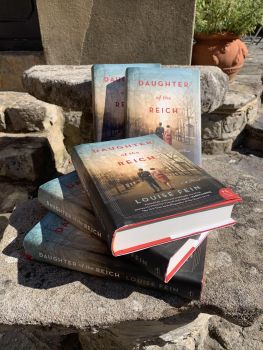 Publisher: William Morrow, an imprint of HarperCollins 2020
Publisher: William Morrow, an imprint of HarperCollins 2020
“I thought it would take a year to write, but of course it took several,” Fein says with a laugh. “But since then, I’ve been lucky and am now writing full time.”
Told from a singularly different perspective, one that addresses the period leading up to the myriad of actions that Hitler would take against the Jewish people, Fein’s debut novel weaves the intricate and complex story of Hetty, a young girl growing up in a household that is firmly entrenched in Hitler’s ideology. Her father, known as ‘Vati’ is consumed with becoming an exalted officer in the Nazi regime – specifically a member of Hitler’s inner circle. Her mother, ‘Mutti’ a shadow of a woman, turns a perpetual blind eye to her husband’s affairs, one of which produces a child.
At first Hetty is a willing disciple of her father’s beliefs, writing passionate declarations of loyalty to Hitler in her journal.
“Everything I do, it is for you and you alone. I will make you proud that I’m your child.”
But as the plot evolves and the characters develop in a stunning and evocative manner, including Hetty’s relationship with her boyfriend, Walter, and her best friend, Erna, she begins to see the situation for what it is, rather than what it is purported as being.
“I was told by some readers that Hetty was at first naïve – and of course she was,” Fein says. “No one had any idea of what was to come. And Hetty was just a child. Of course, a lot of people were naïve at that time about what was to follow. And when we are in the thick of things and when we don’t realize what the consequences are going to be, we tend to hope that things will right themselves, that times will surely get better.”
Daughter of the Reich was inspired by Fein’s family history as well as what she sees as the alarming parallels between the early 1930s and those of today. Her father was a German Jew who was born in Leipzig, Germany.
“When Hitler came to power in 1933, he published a hit list of professions that Jewish people were no longer allowed to practice. One of these professions was law and my dad was a lawyer,” Fein says. “Dad had read Mein Kampf when he was younger so he knew what was coming.”
For the next few months Fein’s dad looked for a place to emigrate to but nobody was taking Jews. He finally got safe harbour in the U.K. where he lived for the rest of his life.
“During the time I was writing this book, the parallels between the 1930s and now became more and more relevant for me,” Fein says. “First there was Brexit, then Trump got elected to the presidency. I believe that there are a lot of parallels between what happened then and what is happening now, and we have to be aware. I think that we often take our freedom for granted.”
One of the great charms of Fein’s book lies in the imagery of her craft – a tool that she uses to airlift you right into the heart of the situation. One woman is described as ‘standing in the hallway wrapped like a fat bockwurst in a tight brown suit.’ In another scenario, a joke is described as ‘spreading like hot chocolate.’
Fein’s next novel, which will be published in the fall of 2021, is called The Hidden Child. Set in the 1920s, it is a story of an English couple who have a four-year-old daughter named Mable. The parents are strong supporters of eugenics, a popular idea at that time. The underlying belief system of this philosophy is rooted in the idea of a super race, a population of the best, ones who are free from hereditary diseases and insanity. Proposed recommendations to achieve this superior race of people, this ‘better class’ included forced sterilization for institutionalized people, especially those with mental and physical disabilities, along with criminals, alcoholics and those with diseases such as epilepsy.
Mable of course has a severe form of epilepsy which complicates her parents’ beliefs in eugenics.
The topic is made dramatically real by what Fein shares next.
 Fein’s daughter, Lottie, with the family dog, Bonnie
Fein’s daughter, Lottie, with the family dog, Bonnie
“My daughter, who is now 13, had a very bad case of epilepsy when she was a young child; the doctor said it caused catastrophic brain damage, affecting her mental acuity. If my daughter had been born a hundred years ago, she would have been institutionalized,” Fein says. “But now, she has a full independent future in front of her, which would not have been possible at the time of this story.”
Fein’s wish and intent for her books – for the ideas and moral issues that she posits -is that readers will look at these topics from a different perspective and have a heightened awareness around the relevance of the content. Of course, Fein also hopes that readers will enjoy and engage with the messages in her books.
One of the reviews I came upon after reading Daughter of the Reich reads: “Pass this book along to someone you love; it is a gift.”
It is an opinion on which I wholeheartedly concur. Check out more on Louise at www.louisefein.com.
Send me a note and let me know who your favourite author is, as well as your fav book. Who knows – you might meet your author bestie on this very blog.
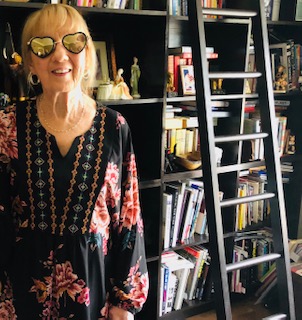
If you are not a subscriber to Cece’s Chat on Chapters you can do so right here, right now .
Cece is the feature cover writer for several prestigious publications both in print and online, and an informed, connected and enthusiastic book blogger at cecescott.com. Her first book, The Love Story, was published in 2019. Her second book will be coming out in late 2020. Cece is also working on a book of Daily Reflections for AutoImmune Condition Warriors.
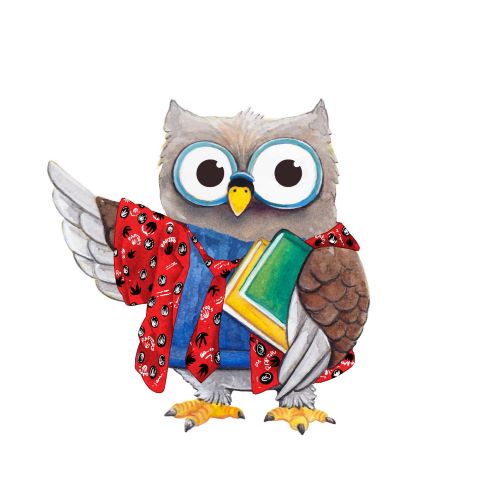
Not a subscriber? Sign up now to get access to Cece’s interviews with popular, adventurous, intriguing, fun, famous, authors…not to mention great book themed gift ideas.
Missed Cece’s chat with Bruce Kirkby or Peter Rowe? Get access by clicking the links below.
